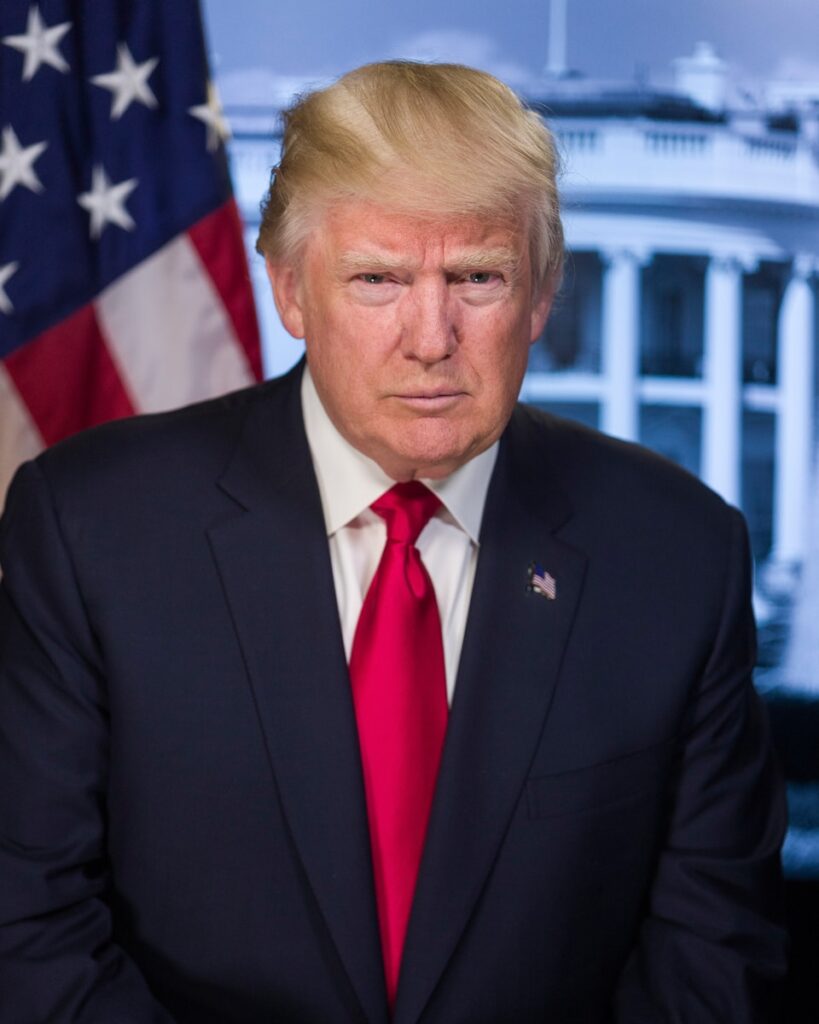Nov 30, 2024
Donald Trump Threatens BRICS Nations With 100% Tariffs Over Dollar Replacement Attempts
Topline:
Former President Donald Trump announced Saturday that he would impose a 100% tariff on imports from BRICS nations if they pursue efforts to replace the U.S. dollar in international trade. The move targets a coalition of major developing economies that includes Brazil, Russia, India, China, South Africa, and other nations, signaling escalating trade tensions and underscoring Trump’s aggressive stance toward safeguarding the dominance of the U.S. dollar.
Key Facts:
In a post on Truth Social, Trump declared that the 100% tariff would apply to all BRICS nations—Brazil, Russia, India, China, South Africa, along with newer members like Iran, Egypt, Ethiopia, and the United Arab Emirates—until they pledge not to develop or support a new BRICS currency or any alternative that might threaten the “mighty” U.S. dollar.
Last year, Brazilian President Luiz Inácio Lula da Silva advocated for BRICS countries to explore an alternative to the U.S. dollar in global trade, suggesting that a BRICS-backed currency could expand payment options and reduce economic vulnerabilities.
Trump dismissed the viability of any efforts to replace the dollar in international trade, stating there is “no chance” such initiatives could succeed and warning that any country attempting to do so should “wave goodbye to America.”
Crucial Quote:
“The idea that the BRICS countries are trying to move away from the dollar while we stand by and watch is OVER,” Trump wrote. He further warned that such nations “should expect to say goodbye to selling into the wonderful U.S. economy.”
Background:
The BRICS coalition, initially formed as an economic bloc of Brazil, Russia, India, China, and South Africa, has recently expanded to include other emerging markets. These nations have increasingly explored mechanisms to reduce dependence on the U.S. dollar in international transactions, raising concerns in Washington about potential geopolitical and economic repercussions.
Proposals for a BRICS currency have sparked debate, with proponents arguing it could strengthen trade partnerships and shield member states from dollar-based sanctions. Critics, however, remain skeptical about the feasibility of such an initiative, citing economic disparities and competing national interests among BRICS members.
What’s Next:
Trump’s comments highlight his broader protectionist trade policies and his intention to use tariffs as a tool to maintain U.S. economic leverage. The potential for trade tensions with BRICS nations could escalate if these countries proceed with efforts to establish a unified alternative to the dollar.
This is a developing story.

